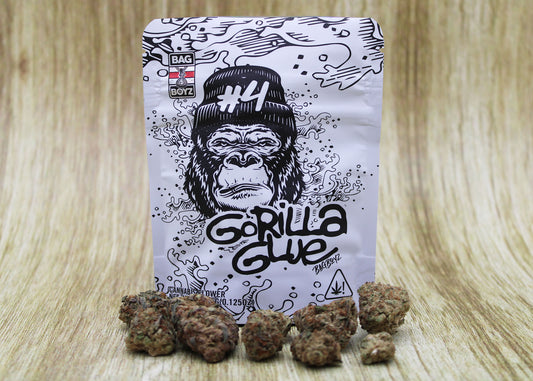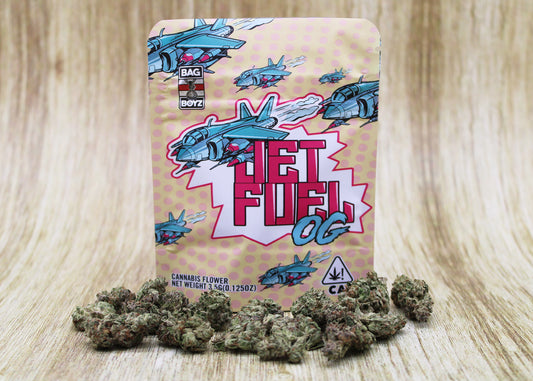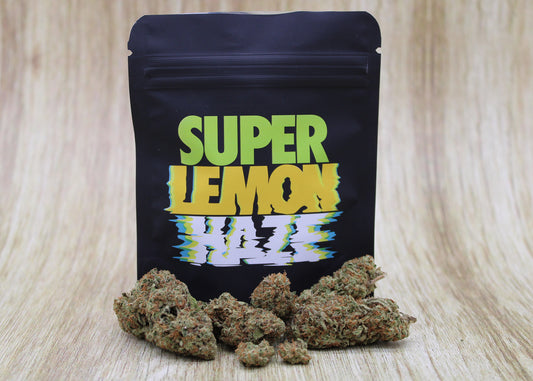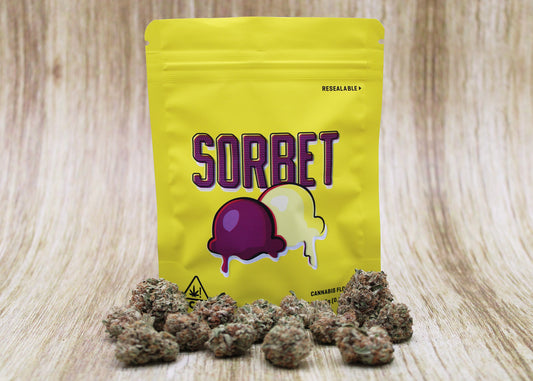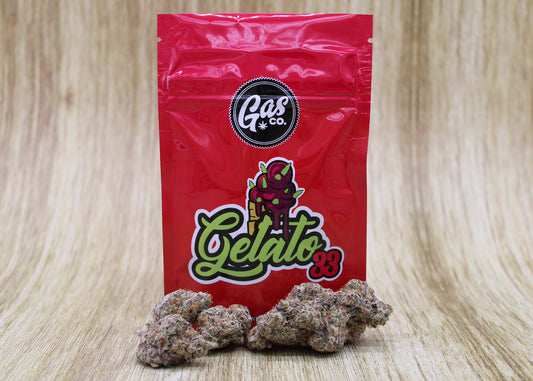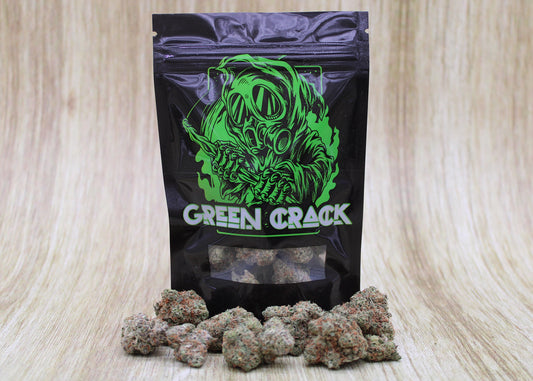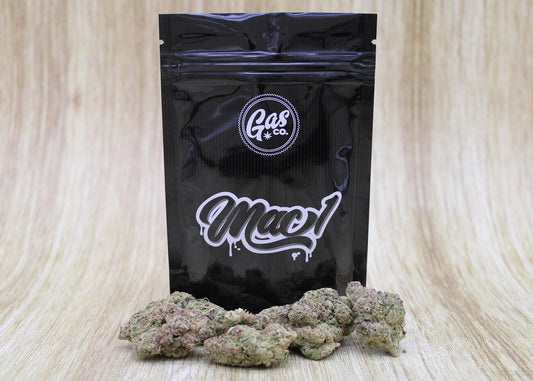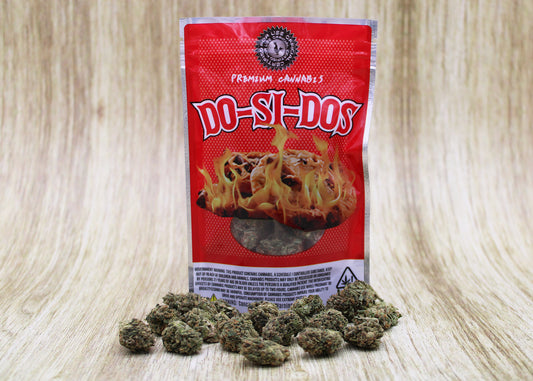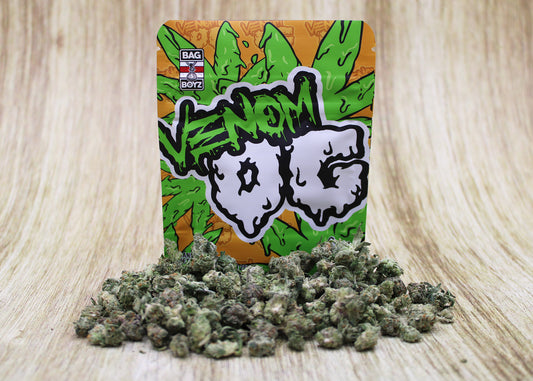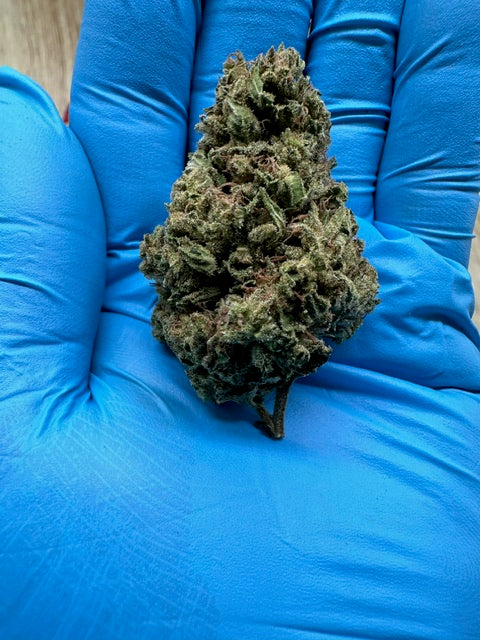Best THCA Flower For Sale Online
THCA King Offers A Variety Of High THCA Flowers Cultivated In Licensed Greenhouse And Indoor Facilities.
THCA Products Fit For A King!
Get Treated Like Royalty When You Shop A Vast Collection Of Top Shelf Brands. All Hemp Compliant, Lab Tested & Discreetly Shipped From Our Facility To Your Door.
Greenhouse THCA Flower
-
Skywalker OG High THCA Flower
Regular price From $9.99 USDRegular priceUnit price / per$11.00 USDSale price From $9.99 USDSale -
Gorilla Glue High THCA Flower
Regular price From $9.99 USDRegular priceUnit price / per$11.00 USDSale price From $9.99 USDSale -
Wedding Cake High THCA Flower
Regular price From $9.99 USDRegular priceUnit price / per$11.00 USDSale price From $9.99 USDSale -
Jet Fuel OG High THCA Flower
Regular price From $9.99 USDRegular priceUnit price / per$11.00 USDSale price From $9.99 USDSale -
Smores High THCA Flower
Regular price From $9.99 USDRegular priceUnit price / per$11.00 USDSale price From $9.99 USDSale -
Jungle Cake High THCA Flower
Regular price From $9.99 USDRegular priceUnit price / per$11.00 USDSale price From $9.99 USDSale -
Biscotti High THCA Flower
Regular price From $9.99 USDRegular priceUnit price / per$11.00 USDSale price From $9.99 USDSale -
Super Lemon Haze High THCA Flower
Regular price From $9.99 USDRegular priceUnit price / per$11.00 USDSale price From $9.99 USDSale -
Sorbet High THCA Flower - Cheap Oz
Regular price $89.99 USDRegular priceUnit price / per$119.99 USDSale price $89.99 USDSale
Growing High THCA Flower
Read About Our Best Practices And Innovative Agricultural Techniques.
Indoor THCA Flower
-
Gelato High THCA Flower
Regular price From $11.99 USDRegular priceUnit price / per$15.00 USDSale price From $11.99 USDSale -
Green Crack High THCA Flower
Regular price From $11.99 USDRegular priceUnit price / per$15.00 USDSale price From $11.99 USDSale -
Runtz OG High THCA Flower
Regular price From $11.99 USDRegular priceUnit price / per$15.00 USDSale price From $11.99 USDSale -
Mac 1 High THCA Flower
Regular price From $11.99 USDRegular priceUnit price / per$15.00 USDSale price From $11.99 USDSale -
THCA Flower Cheap Oz - Dos Si Dos
Regular price $104.99 USDRegular priceUnit price / per$224.99 USDSale price $104.99 USDSale -
Gelato THCA Small Buds
Regular price From $19.99 USDRegular priceUnit price / per$65.00 USDSale price From $19.99 USDSale -
Venom OG THCA Small Buds
Regular price From $19.99 USDRegular priceUnit price / per$65.00 USDSale price From $19.99 USDSale -
Cheap THCA Flower Sale
Regular price From $42.00 USDRegular priceUnit price / per$114.99 USDSale price From $42.00 USDSale
THCA Pre-Rolls, Concentrates & Vapes
-
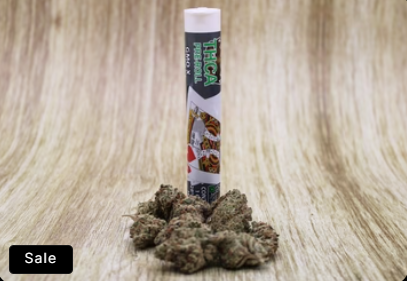
THCA Pre-Rolls
THCA King Offers High THCA Pre-Rolls In A Variety Of Strains And...
-

THCA Concentrates
THCA King Offers THCA Concentrates In Live Rosin Badder and Wax. Testing...
-

THCA Vapes
THCA King offers Live Rosin THCA Disposable Vapes and 1 gram cartridges. ...

In The Kingdom Of Hemp, THCA Reigns Supreme.
Tetrahydrocannabinolic Acid AKA THCA Has Gained Immense Popularity With All Types Of Cannabis Consumers Nationwide. But Is Its Rapid Growth Just An Exploited Loophole That's In Danger Of Enforcement Or Are Hemp Derived THCA Products Really Here To Stay?
Buy THCA Flower, Pre-Rolls, Vapes & Concentrates Online.
THCA King Offers Premium Organic Hemp Derived Products Carefully Grown In Both Indoor & Greenhouse Environments.
By now, you might be asking yourself why should I give THCA King my business instead of another High THCA Flower supplier? Well, let's start by thanking you for the opportunity to earn your business. At THCA King, there is no order too large or too small. We are a vertically-integrated hemp compliant cannabis farm that specializes in cultivating only the highest quality greenhouse and indoor THCA Flower.
What Should I Be Looking For When Selecting My Go-To High THCA Flower Supplier?
When it comes to choosing a THCA company, customers are looking for more than just a flashy product or service – they want an experience that goes above and beyond. That's why THCA King stands out from the "other" THCA Flower suppliers. With a commitment to exceptional customer service, a track record of delivering high-quality THCA products, and a dedication to innovation, we prioritize our customers' needs at every turn. Our team's expertise and personalized approach set us apart, ensuring that every interaction leaves a lasting impression. When you choose THCA King, you're choosing reliability, excellence, and a partnership that's focused on your success. Get treated like royalty and experience the difference with us today!
Why Is THCA King The Best THCA Products Supplier?
It's In Our Name... A King Is a Leader, So THCA King Is a Leader In Supplying High THCA Flower, THCA Pre-Rolls, THCA Concentrates, THCA Vapes and Legal THC Edibles.

Reasons Why Customers Choose Us Over Our Competitors;
- Quality of products and services.
- Reputation and credibility
- Customer service and support.
- Price and value.
- Brand ethos and alignment.
- Convenience and accessibility.
- Innovation and differentiation.
Look No Further Than THCA King For All Your High THCA Flower Needs!
Please consider the factors outlined above when deciding which THCA Flower company to go with. At THCA King, we understand and meet our customers needs by providing excellent customer service which we believe is crucial for building strong customer relationships and fostering loyalty. We encourage customers to provide feedback as it's essential for gaining valuable insights and improving the overall customer experience.

Don't Gamble On Quality
To Be A King, You Must Treat Yourself Like One!
- Choosing a selection results in a full page refresh.
- Opens in a new window.


